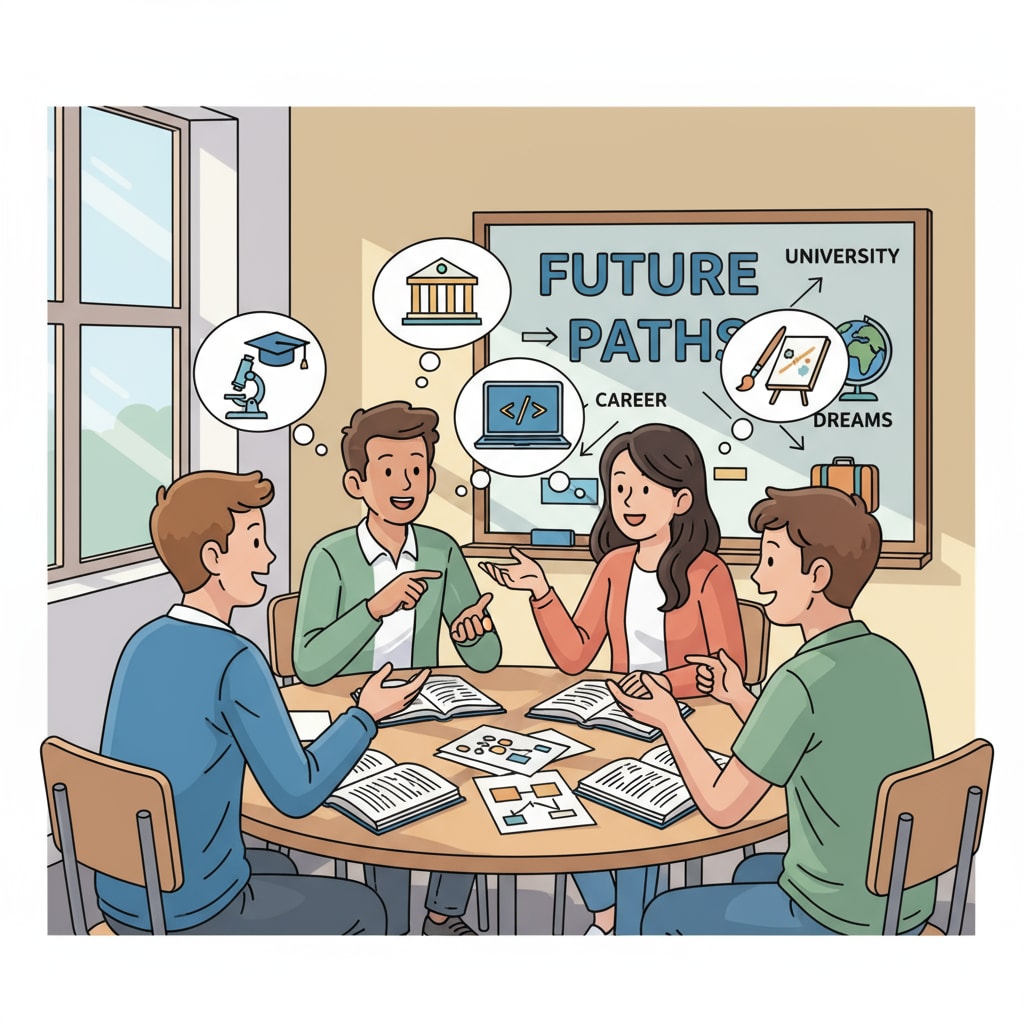University education, academic planning, and career development are crucial aspects that high school students need to consider as they stand at the crossroads of their future. Making informed decisions now can set the stage for a successful and fulfilling life ahead. Let’s explore how high school students can navigate these important areas.

Understanding University Education
University education is not just about getting a degree; it’s a transformative experience. Different universities offer a wide range of programs. For example, some are renowned for their STEM (Science, Technology, Engineering, and Mathematics) courses, while others excel in liberal arts. According to Britannica, universities have a long history of providing higher education, evolving to meet the changing needs of society. Students should research the academic reputation, faculty quality, and available resources of various universities. This will help them choose an institution that aligns with their interests and goals.
Academic Planning for Success
Academic planning is the roadmap to achieving academic success in university. High school students should start by evaluating their interests and strengths. If a student is passionate about biology, they might plan to take relevant advanced placement courses in high school. This not only helps them gain a head start but also demonstrates their commitment to the subject. Additionally, students should consider the core curriculum requirements of the universities they are interested in. By understanding these requirements early on, they can ensure that they are on the right track.

Another important aspect of academic planning is building a strong foundation in basic skills such as writing, critical thinking, and research. These skills will be essential throughout their university education. Students can participate in extracurricular activities like debate clubs or research projects to develop these skills.
Mapping Out Career Development
Career development should be a top priority for high school students. It’s never too early to start thinking about future careers. Students can begin by exploring different career fields through internships, job shadowing, or informational interviews. This hands-on experience can give them a better understanding of what different jobs entail. According to Wikipedia, career development is a lifelong process, and starting early can provide a competitive edge.
Once students have identified potential career paths, they can research the educational requirements. Some careers may require a specific degree or additional certifications. By knowing this in advance, students can choose the right university programs and plan their academic journey accordingly.
Financial planning is also an integral part of career development. Students should be aware of the potential earnings in their chosen fields and plan for student loans or scholarships early on.
Readability guidance: We’ve used short paragraphs and provided lists to summarize key points. Each section offers valuable insights. We’ve maintained a good balance of sentence lengths and minimized the use of passive语态. Transition words like ‘for example’, ‘additionally’, and ‘another’ have been used to enhance the flow of the article.


